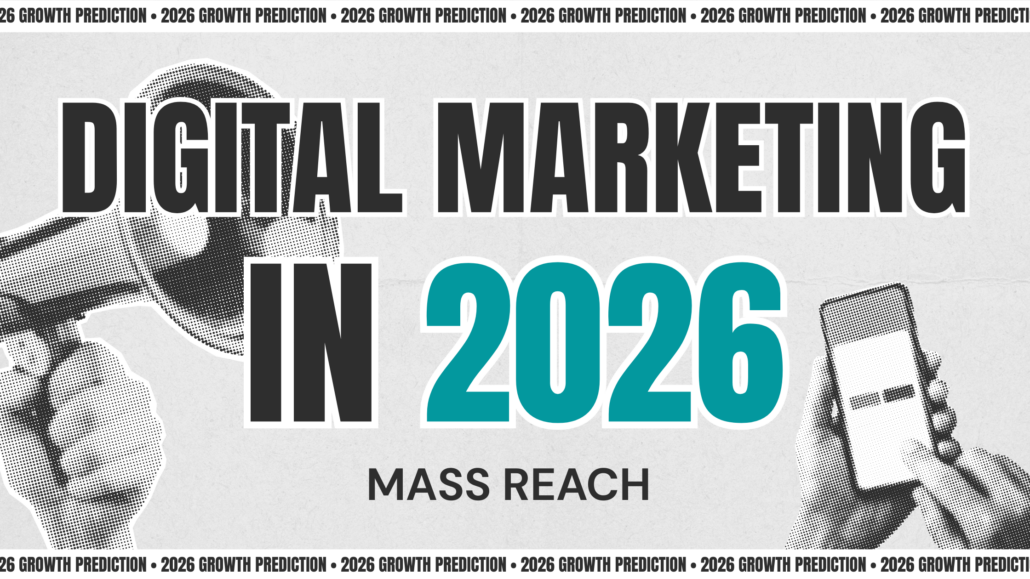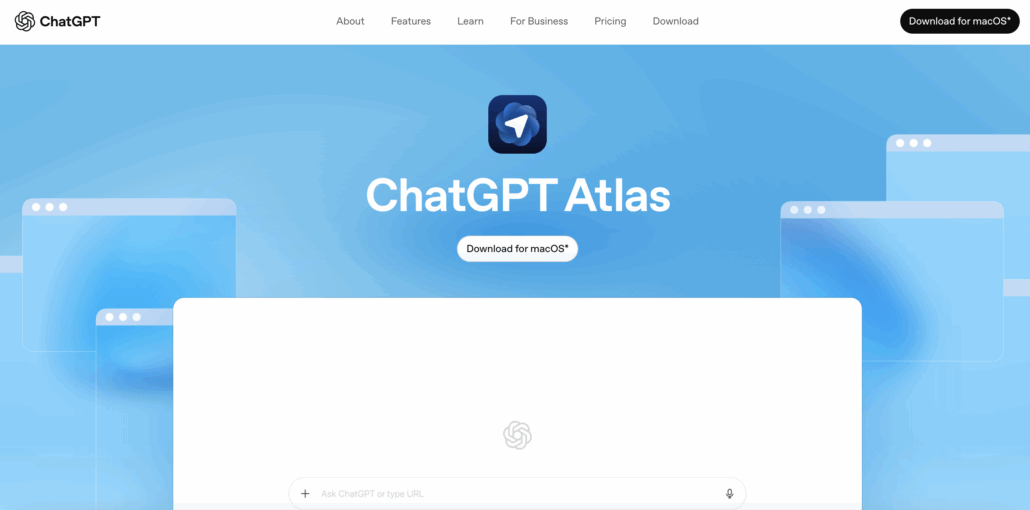OpenAI has introduced Instant Checkout inside ChatGPT, a feature that could change how people discover and buy products online. With this update, ChatGPT moves beyond being a conversational tool into a shopping companion, guiding users from product discovery all the way through to purchase.
Why This Matters
More than 700 million people use ChatGPT every week for help with everyday tasks. Until now, that often included product research but stopped short of the purchase itself. With Instant Checkout, ChatGPT can now help users complete the buying journey, creating what OpenAI calls agentic commerce.
The launch starts with U.S. users on Free, Plus, and Pro plans. Shoppers can buy directly from Etsy sellers inside the chat, and support for over a million Shopify merchants (including brands like Glossier, SKIMS, Spanx, and Vuori) will arrive soon.
How Instant Checkout Works
Imagine asking: “What are the best running shoes under $100?” or “I need a gift for a ceramics lover.” Instead of links to browse, ChatGPT returns a curated list of product recommendations based on relevance alone not ads, not sponsorships.
If an item supports Instant Checkout:
- Users tap Buy inside the chat.
- Payment and shipping details are confirmed securely.
- The order is completed without leaving the conversation.
For subscribers, saved payment details can be used instantly, while other buyers can pay using cards or express payment options.
Behind the scenes, orders and fulfillments are managed by the merchant using their existing systems. ChatGPT acts as an AI-powered personal shopper, passing details securely between buyer and seller.
The Agentic Commerce Protocol
At the heart of Instant Checkout is the Agentic Commerce Protocol (ACP), co-developed with Stripe and a number of retail partners.
ACP is an open standard designed to make AI commerce possible at scale. It enables AI agents, people, and businesses to work together seamlessly to complete purchases.
It was built with three key principles in mind:
- Compatibility — works across different platforms, payment providers, and business types.
- Ease of adoption — integrates quickly without requiring merchants to rebuild backend systems.
- Merchant control — sellers remain the merchant of record and keep ownership of the customer relationship, including fulfillment, returns, and communication.
If a seller already uses Stripe, enabling agentic payments can be as simple as adding one line of code. Merchants using other payment processors can still participate through Stripe’s Shared Payment Token API or the Delegated Payments Spec in ACP.
OpenAI is also open-sourcing the Agentic Commerce Protocol, making it available to developers and merchants worldwide to encourage broad adoption.
What’s Next
At launch, Instant Checkout supports single-item purchases. Coming soon:
- Multi-item carts, allowing buyers to check out multiple products at once.
- Expanded merchant support, including millions of Shopify sellers.
- Regional expansion, taking AI-driven shopping beyond the U.S.
OpenAI is actively onboarding new merchants through its online application process. Etsy and Shopify sellers are automatically eligible.
Built for Trust
OpenAI stresses that agentic commerce is built around security and user trust.
- Shoppers confirm every step explicitly before any action is taken.
- Payments use encrypted tokens that are limited to specific amounts and specific merchants.
- Only the minimum information needed to complete the order is shared, and always with the user’s permission.
The Bigger Picture
This is more than a new checkout button, it’s a potential turning point for online shopping. If AI chat becomes a mainstream way people discover and buy products, OpenAI now sits at the very start of that customer journey.
For merchants, this could mean a new channel for growth where competition isn’t about ad spend but about relevance, experience, and trust.
The future of eCommerce may no longer begin with a search bar, it could begin with a conversation.




